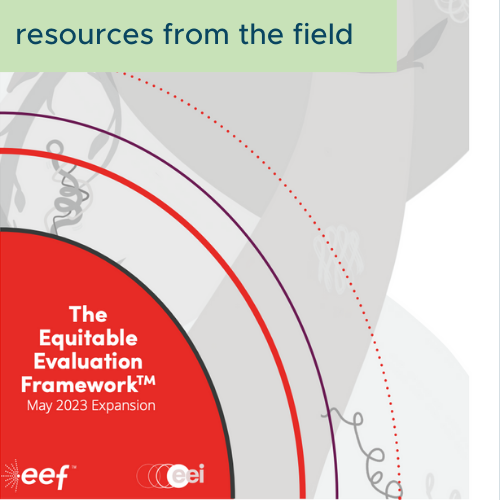Solicit & Act on Feedback
A foundation’s work will be inherently more successful if it is informed by the expertise and experience of grantee partners and communities.
Steps You Can Take
Anonymously survey grantees about your practices as a funder (e.g., CEP’s Grantee Perception Report)
Before making major changes or updates, glean grantee feedback to inform those changes
Inform grantees on how their input was used (or not) to inform your decision(s), and why
Compensate grantees for their time when your feedback requests require a significant amount of time outside of their usual work
The Difference It Will Make
Offers insight that can help funders better serve grantees
Encourages mutual trust and authenticity
Improves funder practices and policies, with the potential to provide learning for the field of philanthropy
Hearing and acting on grantee feedback provides an opportunity for funders to be more inclusive and equitable, in a sector wherein 92% of U.S. foundation presidents and 70% of program officers are white (From Chronicle of Philanthropy, "Nonprofits Led by People of Color Win Less Grant Money With More Strings")
What It Looks Like
“There are so many encouraging efforts in the philanthropic sector to enhance the practice of soliciting feedback. Ultimately, we build trust when we listen and act on what we hear — or at least communicate back why we cannot.”
- Pia Infante, The Whitman Institute
From the Blog
TBP Resources













